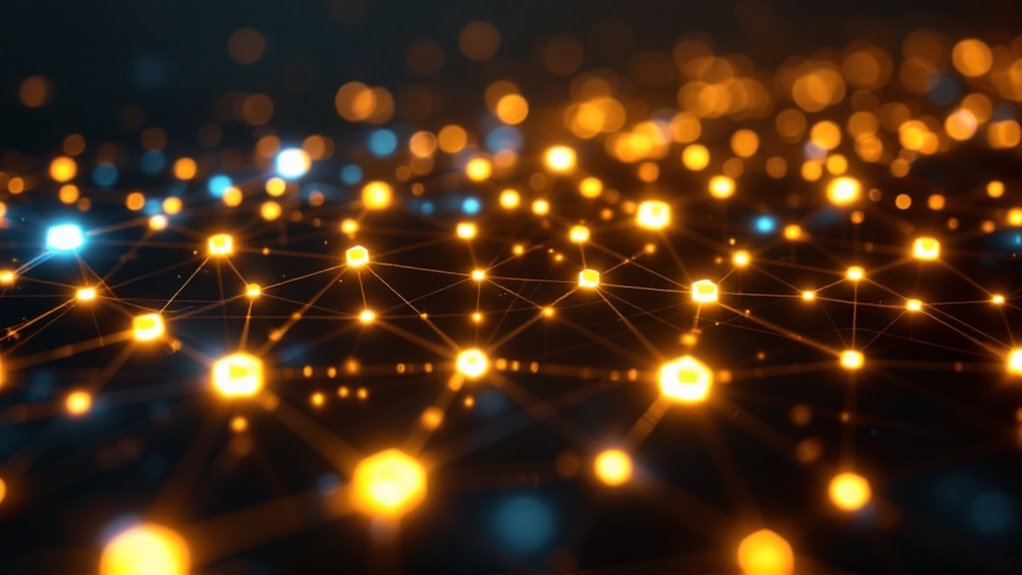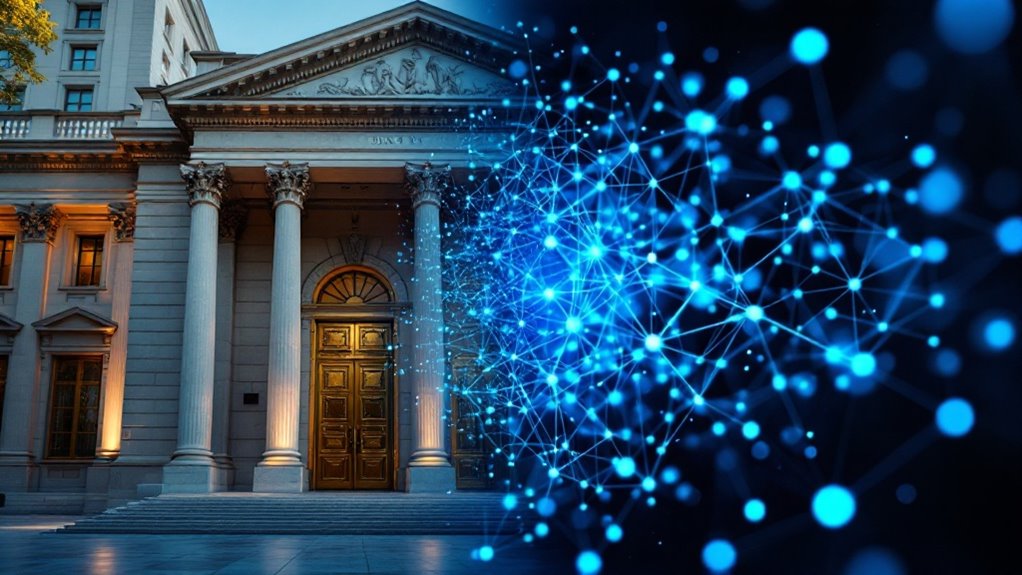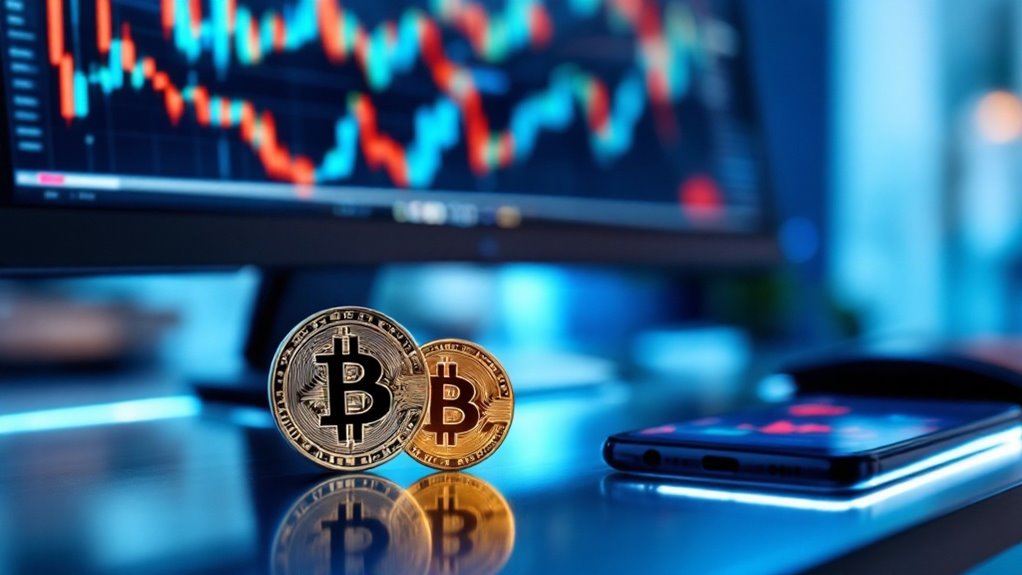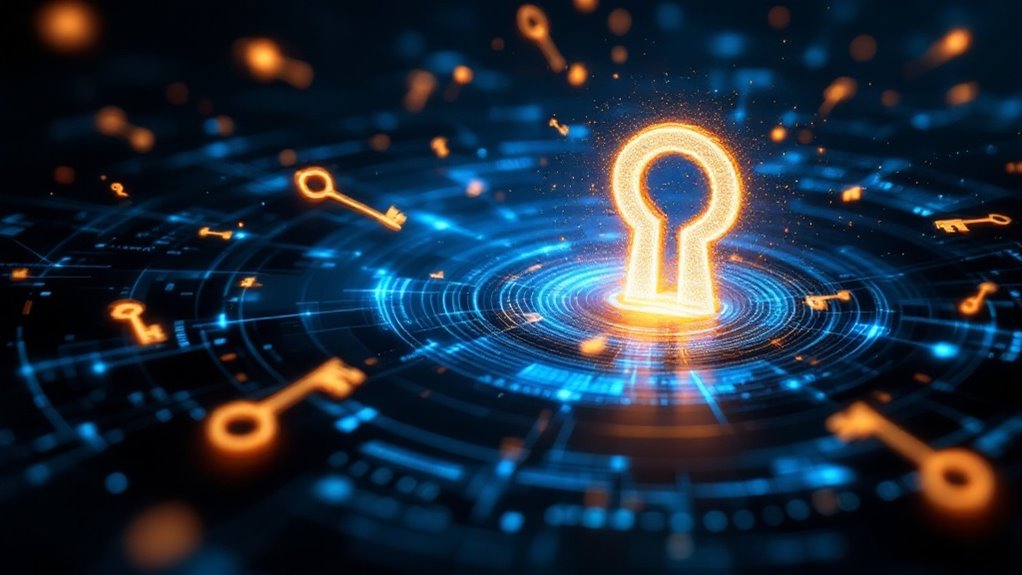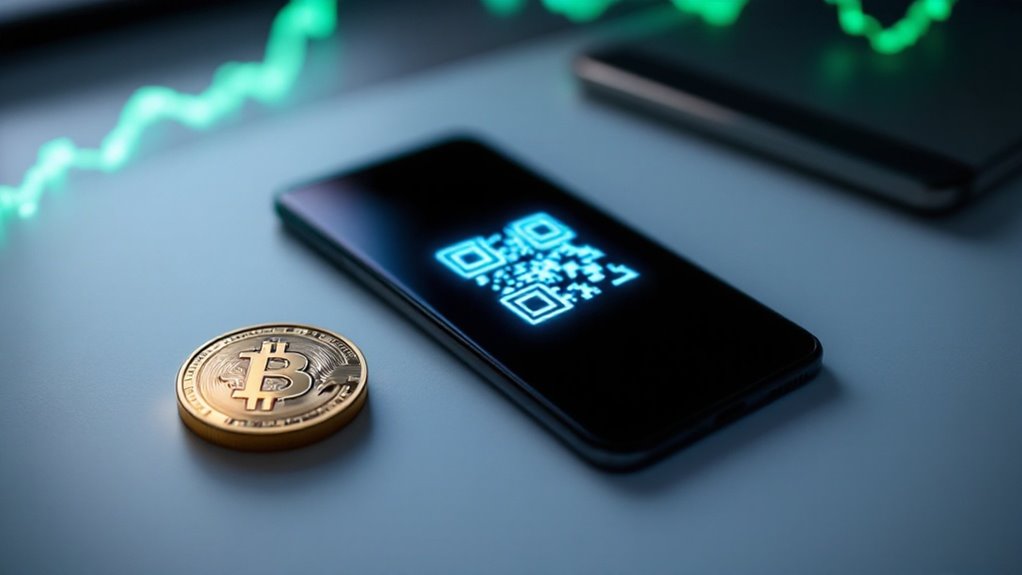Decentralized Autonomous Organizations (DAOs) operate like digital democracies on the blockchain, where members collectively own and manage resources through smart contracts instead of traditional hierarchies. These innovative organizations enable global participants to vote on proposals, manage shared treasuries, and make decisions transparently through code. While DAOs face challenges like security risks and regulatory uncertainty, they represent a radical reimagining of how humans can collaborate and govern together. The frontier of organizational evolution beckons with both promise and caution.
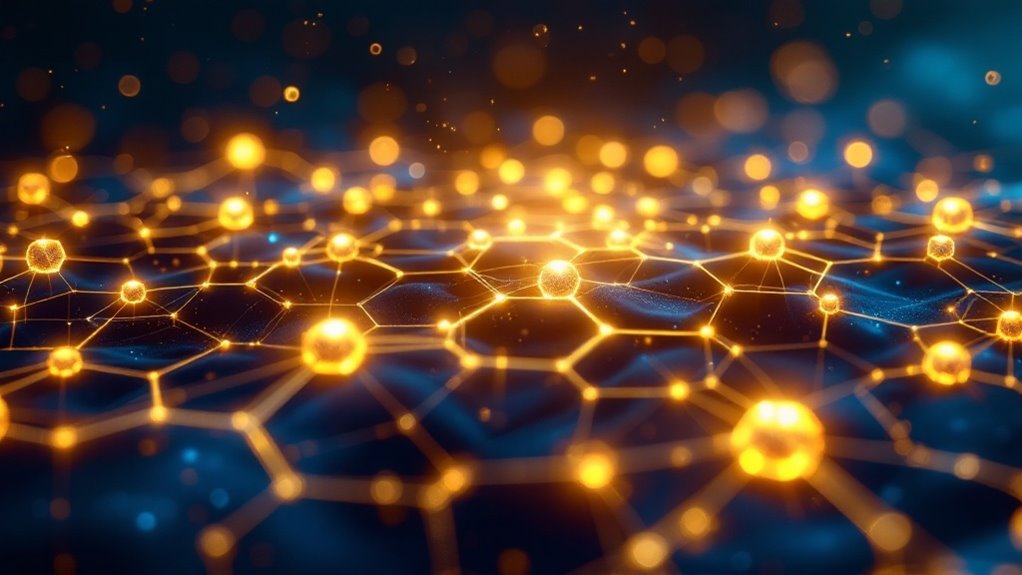
Revolution often starts with a simple idea. In the domain of organizational management, Decentralized Autonomous Organizations (DAOs) represent a radical reimagining of how humans can work together. Like digital beehives humming with activity, DAOs operate through blockchain technology, smart contracts, and collective decision-making, leaving traditional hierarchies in the dust.
Picture a world where decisions flow not from corner offices but emerge from the collective wisdom of token holders scattered across the globe. DAOs make this possible through transparent, code-driven operations that feel like a perfectly choreographed dance of democracy and technology. Members vote on proposals, manage shared treasuries, and shape the organization's future, all without traditional bureaucracy getting in the way. The smart contract automation eliminates the need for intermediaries while enhancing operational efficiency.
DAOs transform organizational power, replacing corner offices with collective decisions made by token holders through elegant digital democracy.
These digital organisms come in various flavors. Protocol DAOs maintain decentralized finance systems, while Investment DAOs pool resources for ventures. Service DAOs coordinate talent globally, and Social DAOs create communities around shared interests. Some, like ConstitutionDAO, even attempted to purchase historical artifacts, showing just how far this model can reach. The transition from centralized to decentralized governance occurs during the crucial Post-DAO stage when smart contracts launch and tokens are issued. The integration with DeFi platforms continues to strengthen as traditional financial institutions embrace blockchain technology.
Yet, like any revolution, DAOs face their share of growing pains. Smart contracts, while powerful, can harbor vulnerabilities that make traditional bank vaults look simple. Regulatory frameworks struggle to catch up, like parents trying to understand their tech-savvy teenagers' latest apps. The challenge of balancing token-based voting with true democracy looms large, as wealth could still concentrate power in few hands.
Despite these hurdles, DAOs represent a fascinating experiment in human coordination. They're like digital town squares where anyone can participate, propose ideas, and help shape the future. Through various voting mechanisms – from simple token-based systems to more nuanced approaches like quadratic voting – DAOs are exploring new ways to make collective decisions.
The path forward requires careful consideration of both opportunities and risks. As these organizations evolve, they're writing a new chapter in the story of human collaboration. Whether DAOs become the dominant form of organization or remain a niche experiment, they've already changed how we think about governance, ownership, and community in the digital age.
Frequently Asked Questions
What Happens to a DAO if the Cryptocurrency It Uses Crashes?
A cryptocurrency crash severely impacts treasury value, disrupts governance processes, and threatens operational stability. Members face investment losses, while the organization struggles with funding projects and maintaining contributor engagement during market downturns.
Can Traditional Companies Be Converted Into DAOS?
Yes, traditional companies can convert into DAOs through legal frameworks established in states like Wyoming, Vermont, and Tennessee. The process requires amending organizational documents, implementing smart contracts, and shifting to token-based governance systems.
How Are Conflicts Between DAO Members Legally Resolved?
Conflicts between members are resolved through on-chain governance voting, smart contract protocols, and decentralized arbitration platforms. When traditional legal intervention is needed, courts may treat them as general partnerships under applicable jurisdictions.
What Programming Languages Are Commonly Used to Create DAOS?
Smart contracts for DAOs are primarily built using Solidity on Ethereum platforms. Other languages include Vyper, JavaScript with Web3.js, and Rust for non-Ethereum chains like Polkadot and Solana.
Do DAOS Need Insurance or Protection Against Cyber Attacks?
Yes, insurance and protection are essential for DAOs due to significant risks from cyber attacks, potential treasury losses, smart contract vulnerabilities, and regulatory challenges. Many DAOs implement multi-signature wallets and regular security audits.
